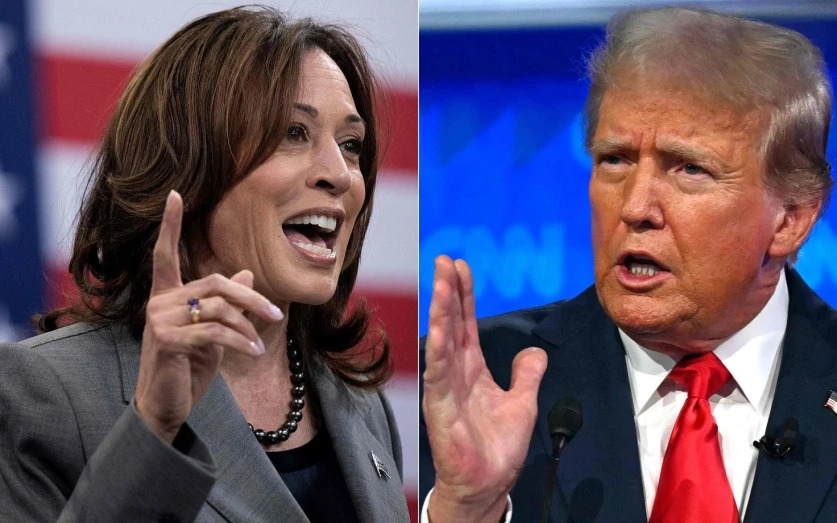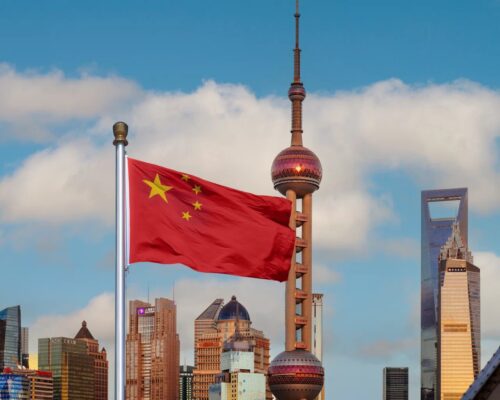
POLITICO: The US elections have divided Europe: The security of the continent cannot be left in the hands of American voters every 4 years
As U.S. voters choose a new president, Europeans are anxiously waiting to see if the victor will be Donald Trump—a nightmare for many—or Kamala Harris, who’s seen as much better for the transatlantic relationship, POLITICO writes.
If Harris wins, the thinking goes, the White House will keep backing Ukraine but ultimately steer Kyiv toward a deal with Russia in the not-too-distant future. Investment in NATO would remain consistent, though the underlying trend would be further prioritization of the Indo-Pacific over Europe. If Trump wins, there is a growing sense that all bets are off. Some believe his administration would behave rationally, or at least rationally by his standards.
“We want to believe Trump will be rational but nobody can be sure,” a senior EU diplomat noted.
EU officials now say they are getting ready for anything Trump could throw at them. According to them, they are ready to hit back “fast and hard” if Trump tries to start a trade war with the EU. Yet this sort of trade tit-for-tat is, arguably, the easy part when it comes to envisioning Europe’s long-term relationship with the United States. Far more challenging is planning for a future in which the U.S. will be significantly and permanently less engaged in protecting Europe.
On this front, France plays the role of Europe’s Cassandra, warning that the bloc needs to get its act together on defense no matter who is elected president. “We cannot leave the security of Europe in the hands of voters in Wisconsin every four years,” French Europe Minister Benjamin Haddad said. “Let’s get out of collective denial. Europeans must take their destiny into their own hands, regardless of who is elected U.S. president.”
But the truth is that when it comes to envisioning a future with less America, the bloc is deeply divided. As enthusiastic as the proponents of European “strategic autonomy” may be, there is no momentum behind the creation of a European army or a European nuclear umbrella.
Some countries—namely the Nordics and some Central and Eastern nations—see the push from Paris as a ploy to bolster France’s companies. They regard proposals for a stronger Europe with unified strategic and military goals as a Trojan horse that would only deliver submission to the larger states, i.e. France and Germany. For others, Putin’s Russia is simply an existential threat. Losing America’s protective umbrella is simply unimaginable. It would expose them to the brunt of Russia’s nuclear and conventional arsenal, with no credible counterweight.
Some believe these attitudes would have to change in the event of a Trump victory. But the alternative is just as likely — that faced with further U.S. disengagement, EU countries will retreat into an “every nation for itself” mentality, regarding one another with greater suspicion and seeking an edge via deals with other superpowers, namely Russia and China.



